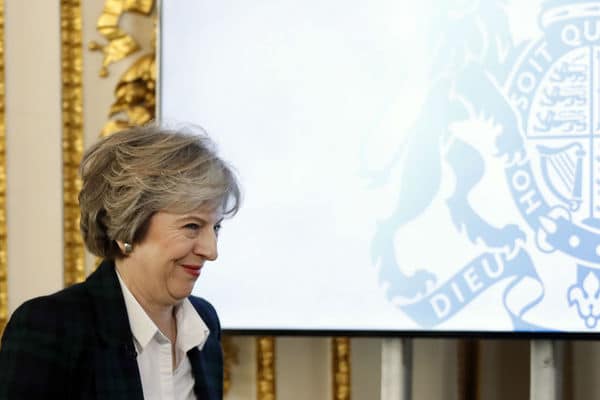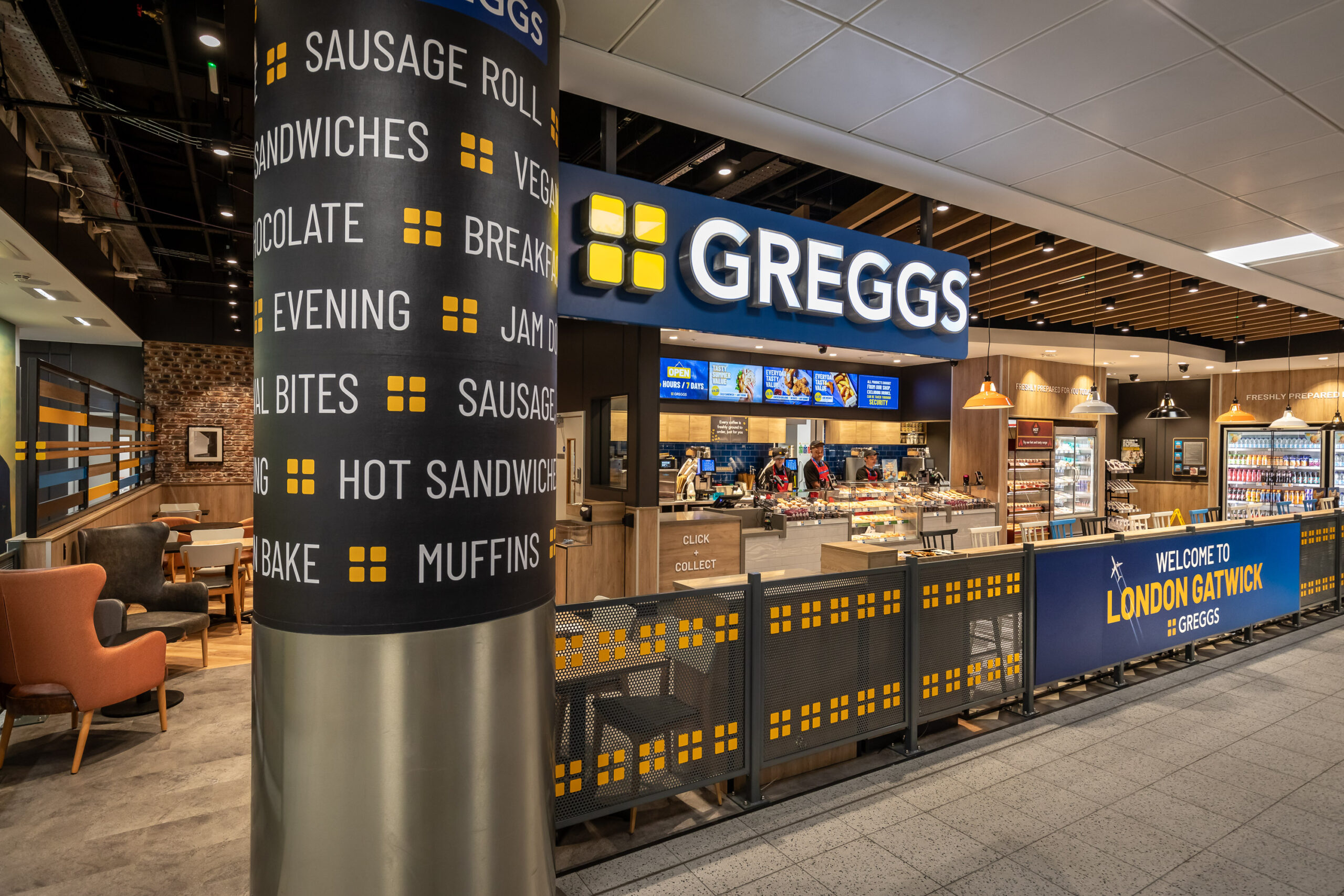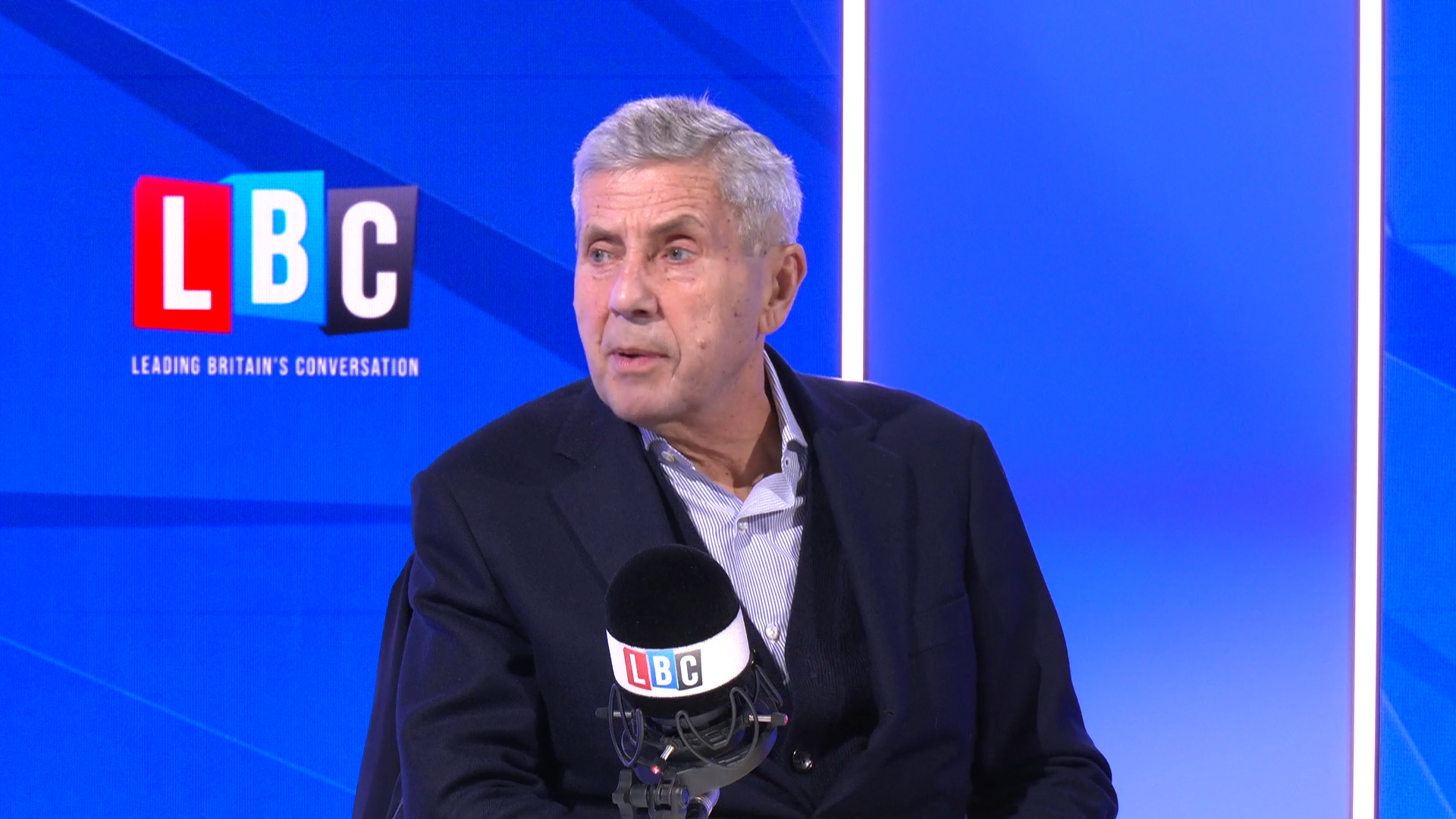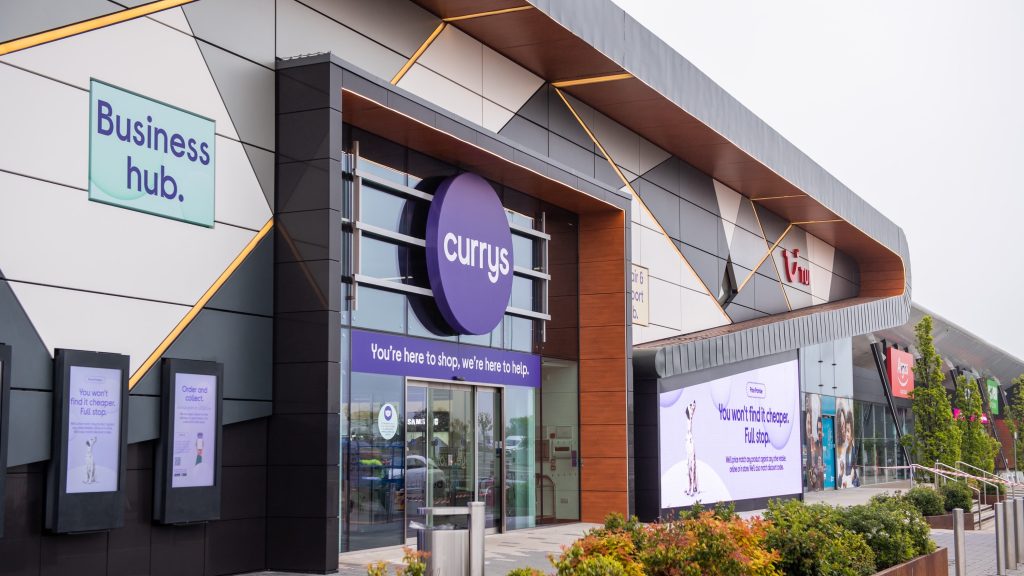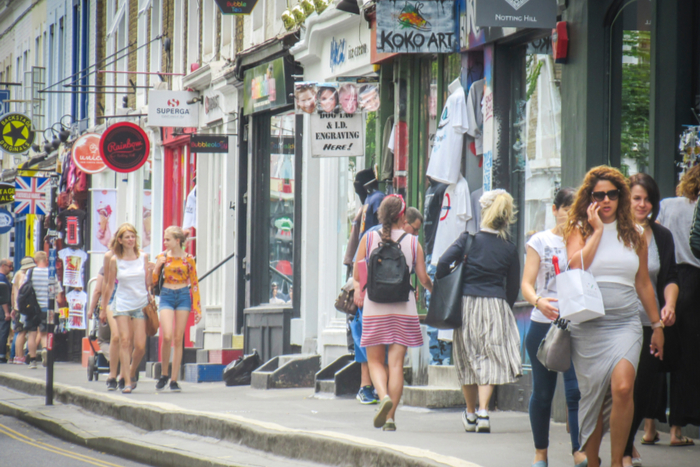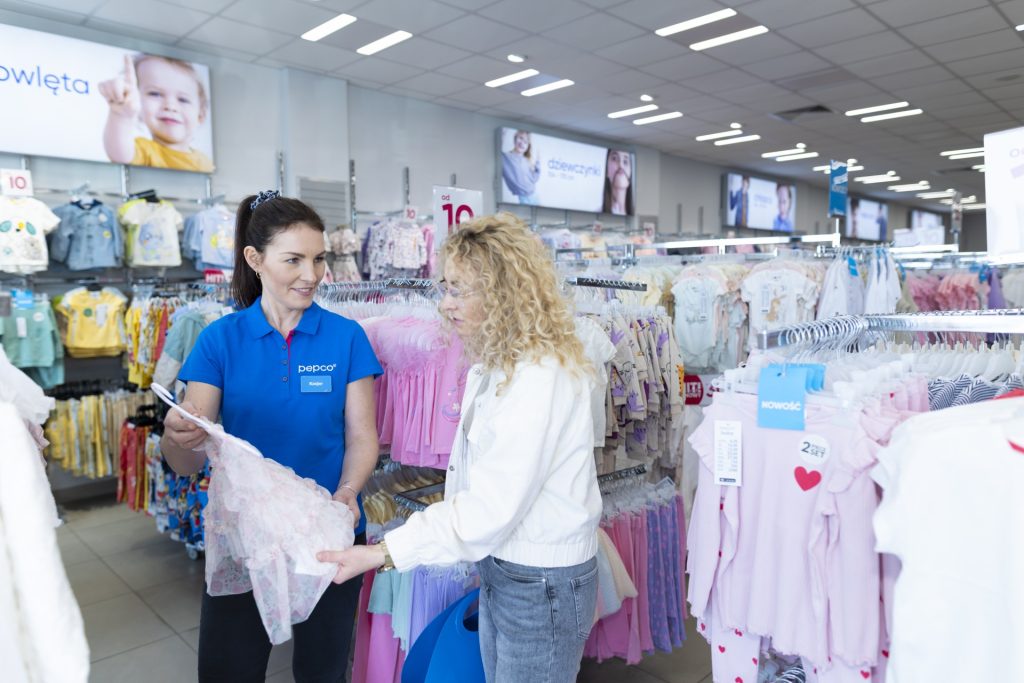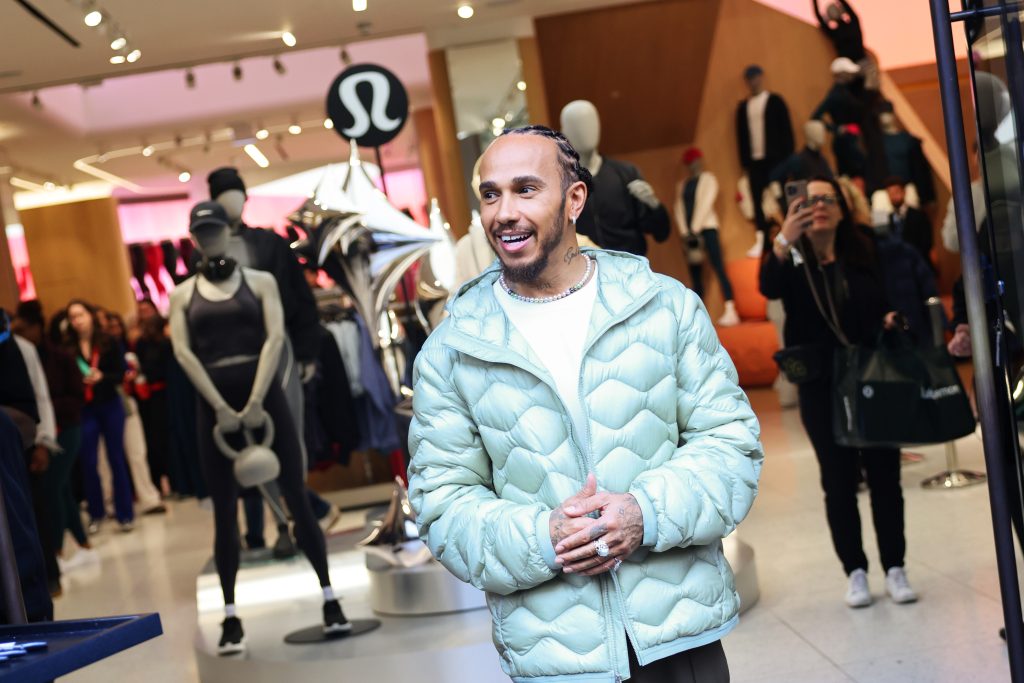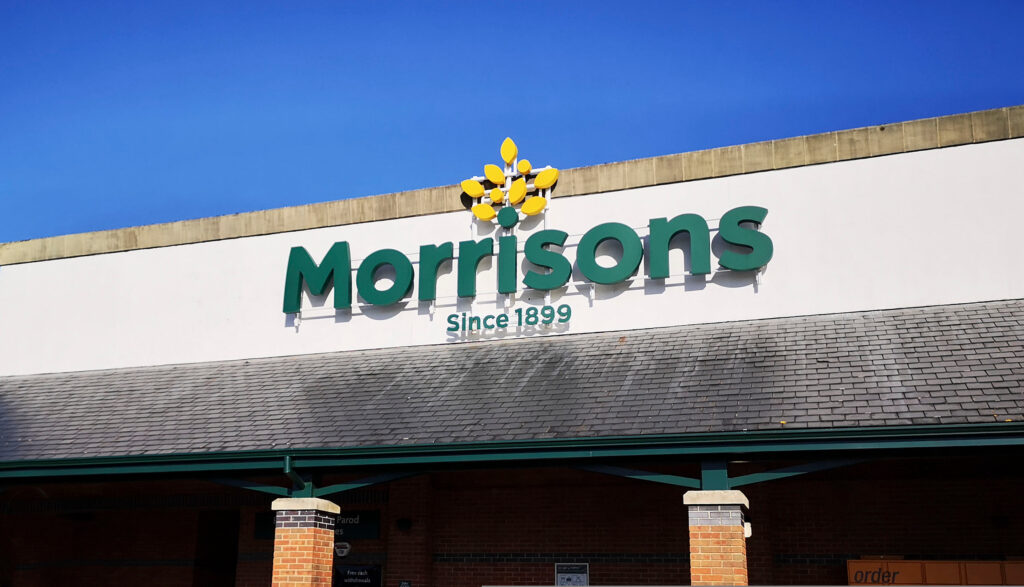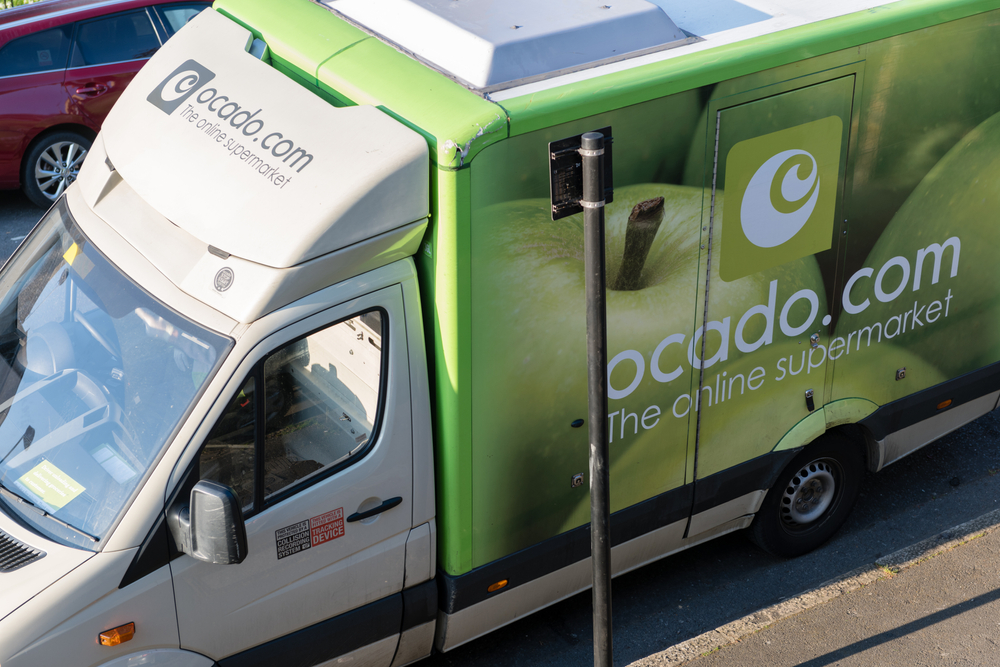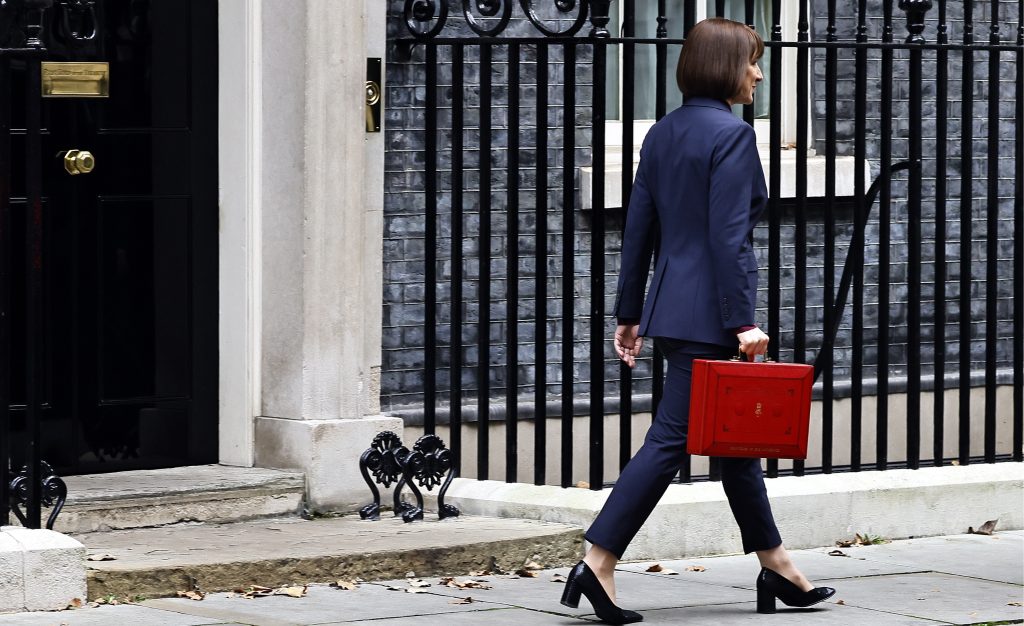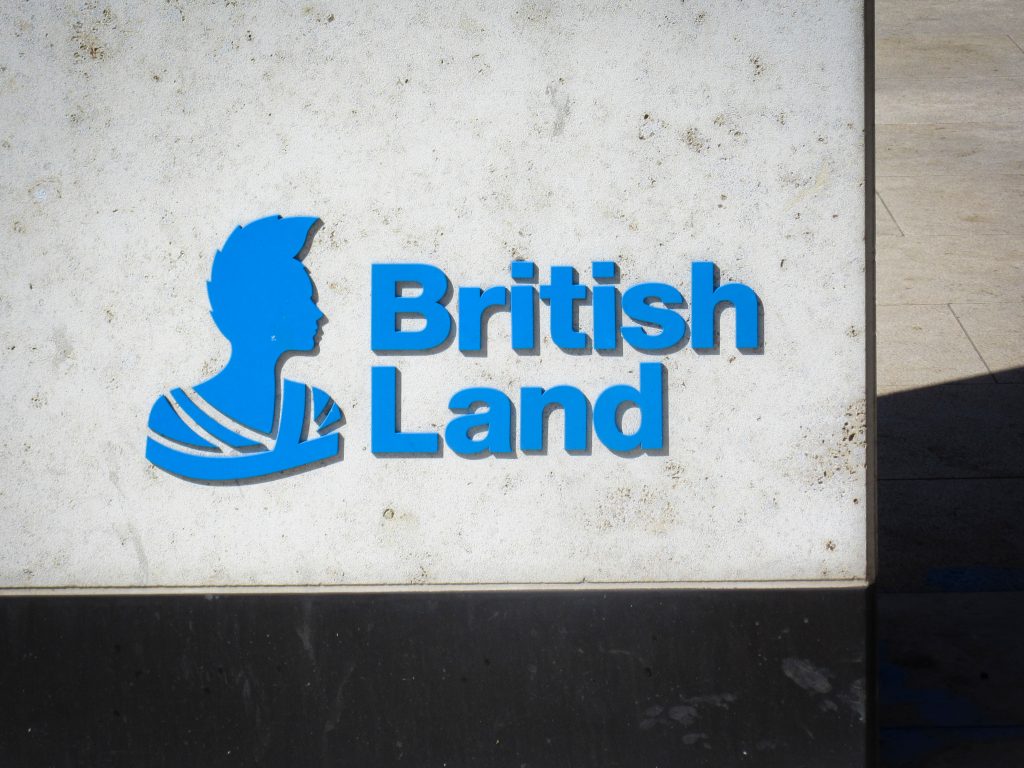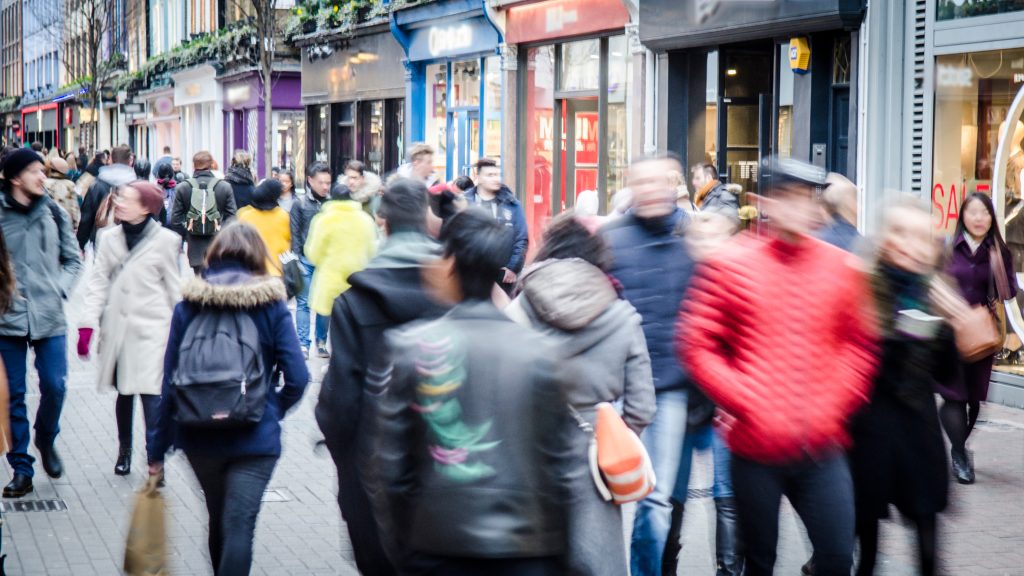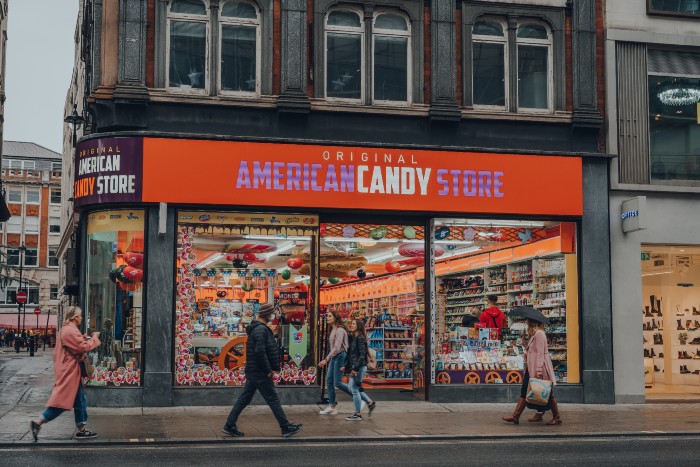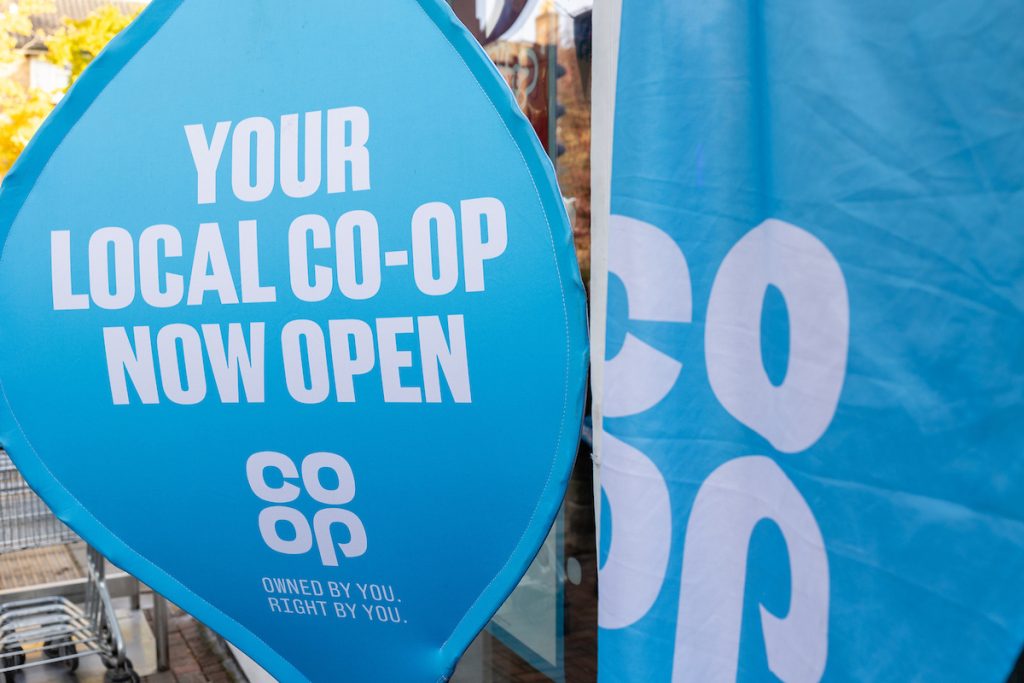Business experts have responded to Prime Minister Theresa May‘s call for a snap general election with a mixture of surprise, uncertainty and confidence on what its outcome would mean for the UK economy – especially since it was still experiencing the impact of last year‘s Brexit vote.
Earlier today, the PM called a snap general election on June 8, despite previously insisting there would be no general election before the scheduled 2020 poll.
In order for the early election to go ahead, May needs to support of two-thirds of the 650 MPs, with a vote scheduled in the House of Commons tomorrow. Labour is expected to support the motion.
May said she decided on the snap election because she wanted “unity” at Westminster as Brexit negotiations with the EU begin.
She said current divisions risked hampering the negotiations and under the Fixed-Term Parliaments Act ,which dictates general elections take place every five years, May would have had to wait until 2020 before the chance to strengthen her position.
John Mercer, the lead UK analyst at Fung Retail & Technology, told the Retail Gazette that while economic uncertainty could entice shoppers to postpone discretionary purchases until there was greater certainty, he does not believe an early election would bring any “meaningful negative impact” to the retail industry.
“A general election in theory may soften discretionary consumer spending,” he said.
READ MORE: Consumer confidence drops among leave voters
“In practice, however, we think any impact from this election will be very limited for several reasons. First, the polls leave little scope for uncertainty as to the result of this election.
“Second, the country has already been through the much bigger shock of the EU referendum, and it is clear that the result of that had no detrimental effect on consumer spending; in fact, the referendum was followed by a mini-boom.
“Third, with an election date of June 8, any impact will last less than two months.”
The UK economy defied forecasts of a significant slowdown following the Brexit referendum last year, with the Office for National Statistics confirming earlier this month that gross domestic product grew by 0.7 per cent in the fourth quarter of 2016.
Nonetheless, the sterling has not yet fully recovered in value and economists, including Mercer, are forecasting growth to slow this year as consumer spending is squeezed by rising inflation.
“We think a bigger impact than the general election is the squeeze on disposable incomes from rising inflation, behind which there is a jump in fuel prices and the return of positive inflation in food prices,” Mercer said.
Meanwhile, leading independent think tank Centre for Economics and Business Research (Cebr) said a clear election result on June 8 “can only be good for the economy” as it would alleviate the widespread uncertainty among businesses since the Brexit vote.
READ MORE: BRC calls for free trade with EU to protect retail sector in light of Article 50
The organisation said it could also boost economic and political stability, encouraging companies and small businesses – including those in the retail sector – to invest and supporting economic growth.
“An increased Tory majority, which would almost certainly be the result of an election, will increase economic and policy stability and reduce the current sense of business uncertainty,” Cebr director Scott Corfe said.
“Increased certainty should feed through into higher levels of business investment, su


